The Unwanted Wars
Countries in the Middle East, such as Iran, Israel or Saudi Arabia, do not want a military confrontation. Yet, current circumstances conduce to the breaking out of just such a war
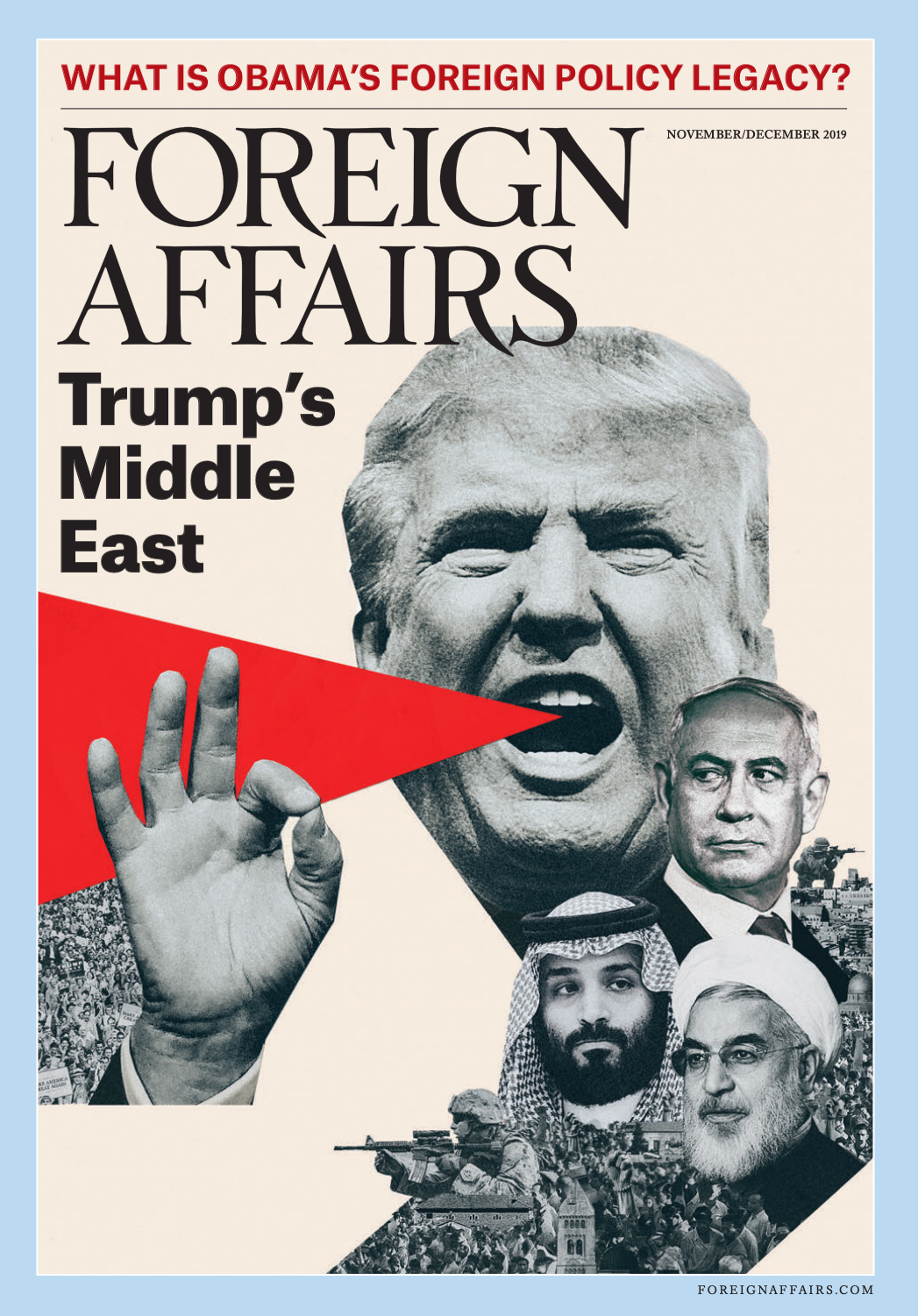 Courtesy: Foreign Affairs
Courtesy: Foreign Affairs
Countries in the Middle East, such as Iran, Israel or Saudi Arabia, do not want a military confrontation. Yet, current circumstances conduce to the breaking out of just such a war
 Courtesy: Shutterstock
Courtesy: Shutterstock
Sanctions, a form of imposing control and pressure, traditionally focused on countering nuclear proliferation and trade-related disputes. Recently countries have expanded their scope and impact by using them as potent tool of warfare
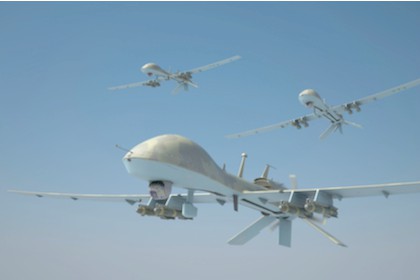 Courtesy: Shutterstock
Courtesy: Shutterstock
The recently announced New and Emerging Strategic Technologies (NEST) Division of India’s Ministry of External Affairs is timely. It can become vital for India’s national technosecurity in the imminent Fourth Industrial Age if a new Cabinet Committee on Futuristic Science and Technologies is established along with it
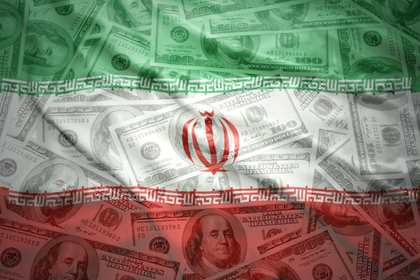 Courtesy: Shutterstock
Courtesy: Shutterstock
Oil prices, arms exports and conflict are inter related especially when it comes to the U.S. Its arms industry grows when high prices and conflicts coincide. This has kept West Asia on a perennial geopolitical boil. This infographic charts the highs and lows of U.S. arms sales, especially in the light of conflicts centred around West Asia
India and Canada can collaborate in the realm of cybersecurity by devising a common set of rules for governing cyber space. Aaron Shull, Managing Director and General Counsel, Centre for International Governance Innovation (CIGI), spoke to Gateway House on the sidelines of the India-Canada Track 1.5 Dialogue
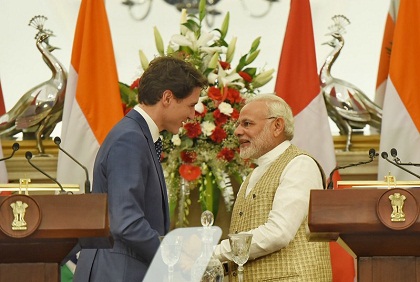 Courtesy: MEA/Flickr
Courtesy: MEA/Flickr
The second edition of the India-Canada Track 1.5 Dialogue, held in Mumbai last month, drew many ideas from experts and government officials on diversifying and deepening the strategic partnership. A summary of some of the outcomes
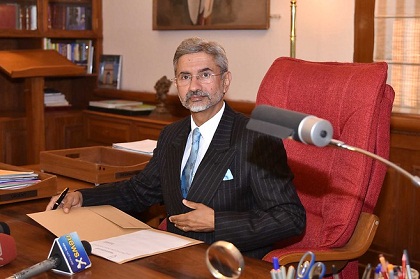 Courtesy: Flickr/MEA
Courtesy: Flickr/MEA
The India-Canada Track 1.5 Dialogue on Innovation, Growth and Prosperity, an initiative agreed upon in February 2018 by the two prime ministers, provides an opportunity for the bilateral relationship to grow through geopolitical convergence, greater economic collaboration and people-to-people interaction. A statement by External Affairs Minister S. Jaishankar for the second edition of the Dialogue, held in Mumbai on 22 November 2019
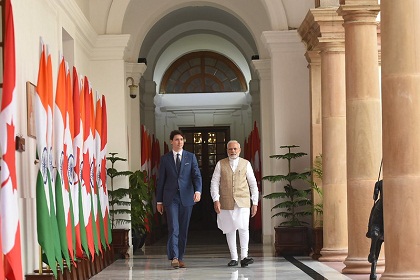 Courtesy: Flickr/MEA
Courtesy: Flickr/MEA
It’s time to start moving on matters in which Canada is a natural ally for India - trade liberalization, energy investments, intellectual property and the rules around e-commerce in particular and big data governance in general.
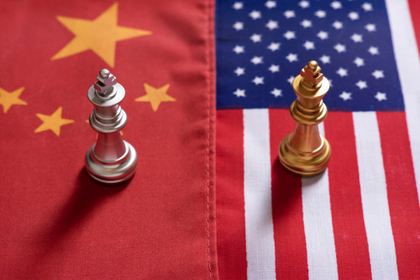 Courtesy: Shutterstock
Courtesy: Shutterstock
The Committee on Foreign Investment in the United States (CFIUS) is an inter-agency body which reviews in-bound foreign investments for their impact on national security. The Treasury Department recently proposed draft regulations, strengthening it. An analysis of the effect these amendments have had – and their applicability in an Indian context
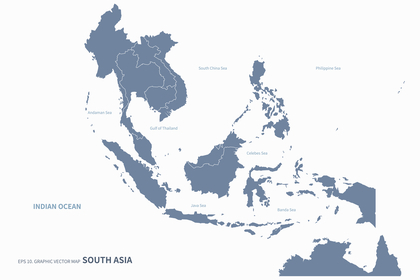 Courtesy: Shutterstock
Courtesy: Shutterstock
The foreign ministers of the Quad countries meet for the first time in New York today even as the Indo-Pacific has turned into a keenly contested geopolitical arena. Some countries are offering to play a mediatory role while other triangular equations are also undergoing change. An analysis of some of the relationships at work here